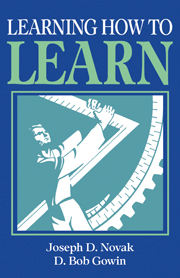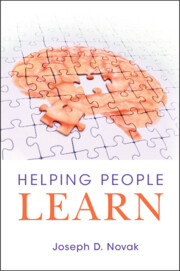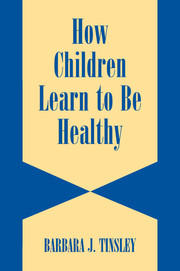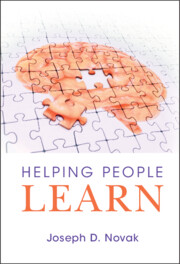Learning How to Learn
For almost a century, educational theory and practice have been influenced by the view of behavioural psychologists that learning is synonymous with behaviour change. In this book, the authors argue for the practical importance of an alternate view, that learning is synonymous with a change in the meaning of experience. They develop their theory of the conceptual nature of knowledge and describe classroom-tested strategies for helping students to construct new and more powerful meanings and to integrate thinking, feeling, and acting. In their research, they have found consistently that standard educational practices that do not lead learners to grasp the meaning of tasks usually fail to give them confidence in their abilities. It is necessary to understand why and how new information is related to what one already knows. All those concerned with the improvement of education will find something of interest in Learning How to Learn.
Product details
November 1984Paperback
9780521319263
216 pages
209 × 140 × 15 mm
0.262kg
75 b/w illus. 10 tables
Available
Table of Contents
- Foreword Jane Kahle
- Preface
- Acknowledgments
- 1. Learning about learning
- 2. Concept mapping for meaningful learning
- 3. The Vee heuristic for understanding knowledge and knowledge production
- 4. New strategies for instructional planning
- 5. New strategies for evaluation: concept mapping
- 6. The use of the Vee for evaluation
- 7. The interview as an evaluation tool
- 8. Improving educational research
- Appendixes
- References
- Index.






